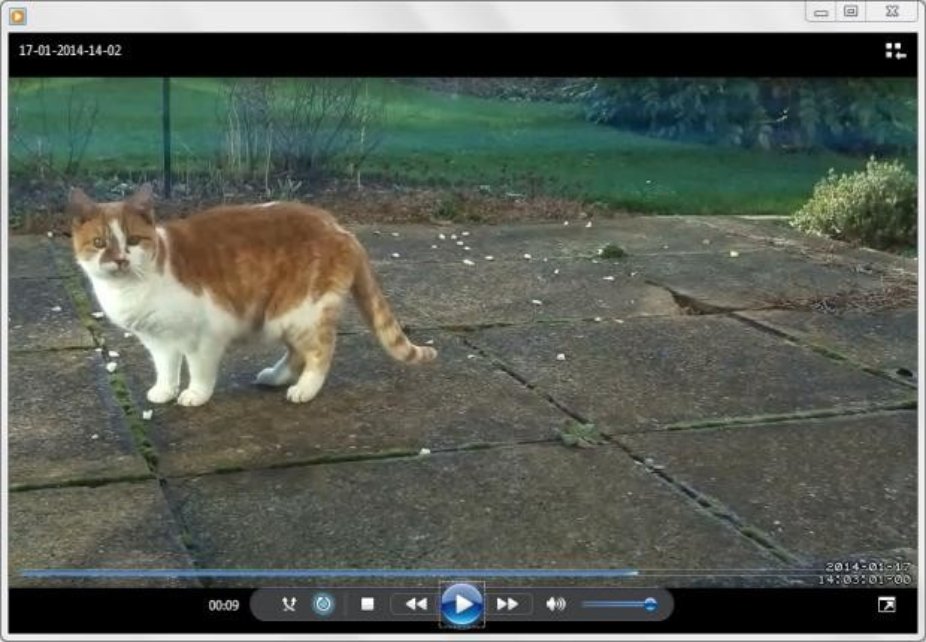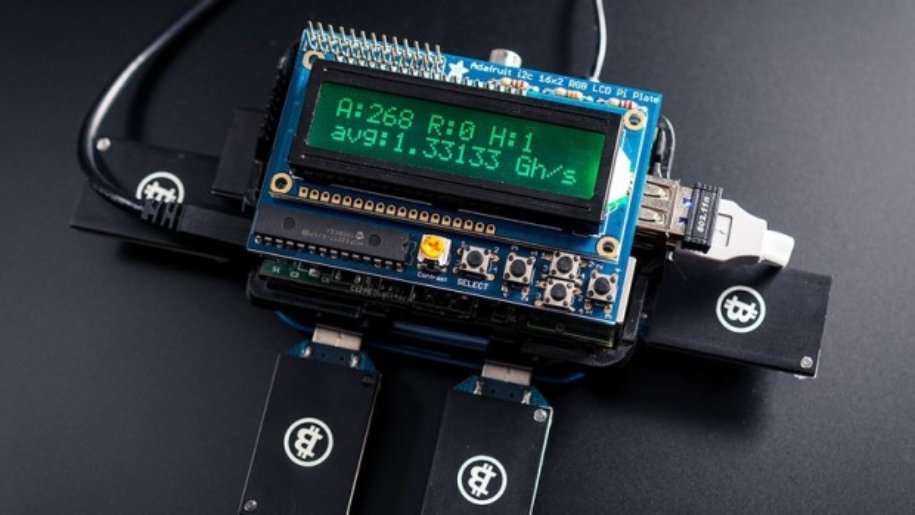This one is a bit of a cheat, as it’s actually a recommendation to buy the new issue () of official Raspberry Pi magazine The MagPi. The magazine has partnered with Google to release a hardware kit that lets you integrate natural language voice commands with the help of Google's Cloud Speech API and Google Assistant SDK. The kit also includes a speaker, microphone, button and cardboard case – to house your own lo-fi version of Google Home.

Raspberry Pi is the perfect platform for novice programmers. The Raspbian OS even has preinstalled programs to make it as easy as possible to get started with coding.
One of the best projects for dipping your toes in the water of programming is creating your own game – it's quick, straightforward, and at the end of it you'll have a functional result that you can show off to friends and family. For a complete guide, read our tutorial on .
Nothing highlights the versatility of a Raspberry Pi quite like this project (other than the Game Boy below). With a USB Wi-Fi dongle, a microSD card and the Raspberry Pi itself, you increase the reach of your wireless signal.

Guy Eastwood has created the excellent , which takes you through everything you need to know about this project. Follow the link to discover detailed documentation and free downloadable images to help you.
No, seriously. This is a legitimate and do-able project for the more advanced user. In terms of the actual coding, it isn't the most challenging – you're essentially installing an emulator on your Raspberry Pi. The hard work comes in the form of soldering the different pieces together.

Travis Brown over at has produced a detailed log of how he brought his Game Boy back to life using a Raspberry Pi. The best thing about creating a Pi-Pocket – as he calls it – is that you're not limited to playing only Game Boy games; the Pi-Pocket is also capable of playing NES, Sega Master System and Game Gear titles, as well as popular Linux-based games such as Doom and Duke Nukem.
While it isn't powerful enough to run many modern games, some enterprising tech-heads have twigged that the Pi is just about perfect on which to play emulators. Emulators, for those of you not in the know, are programs that allow you to play titles from older, outdated consoles such as the SNES, the Sega Genesis and even the original PlayStation, using freely available ROMs.

While you can run most of these emulators from the standard Raspbian OS, the guys over at have dedicated a huge amount of time to building a custom disk image that will do almost all of the work for you, allowing you to select and start your chosen emulator with nothing more than a USB gamepad. The legal catch is that you need to own a physical copy of the games, or it's piracy. So that means on no account should you use this as an opportunity to play all those SNES games that your mum wouldn't buy you back in 1991.
Setting up a Raspberry Pi as your home media centre might be the perfect project. By hooking it up to your TV via HDMI, you can get all your media in your living room, without having to fork out for Apple TV. Specific operating systems such as and (based on the Plex and XBMC frameworks respectively) have even been built in order to make it as easy as possible to get you started.

These systems can access remote media stored in other locations – provided you're connected to Wi-Fi – and are controllable through remote apps on your smartphone; they can even directly access services such as Netflix and Hulu to stream content to you. It combines all the functionality of a bulky, expensive media setup in a tiny form factor at a ridiculously affordable price, and we can't get enough of it. We've even written a tutorial on
is one of the best streaming platforms available, letting you experience local and internet-based content on anything from your smartphone to an Amazon Fire TV Stick. Oh, and it’s also available on the Raspberry Pi 2. If you want to experience the benefits of Kodi, the Raspberry Pi 2 is more than powerful enough, and .
With the internet being an almost limitless repository of digital content, it seems like we spend a frustrating amount of our lives waiting for downloads to complete. You can get around this by routing them all through a Raspberry Pi and into an external storage device.

Rather than clogging up your main computer with numerous files, fighting with your everyday tasks for disk space and processor speed, use a Pi as a dedicated hub for all your torrents, streams and other downloads. This leaves you free to get on with your life while you're waiting for the entire box set of The Walking Dead to finish downloading. An added bonus is that if any malware or viruses happen to hitch a ride with your content, you can safely scrub them clean without the risk of infecting your main computer.
Minecraft is one of the biggest success stories of the indie games world, and was bought from the original creators by Microsoft in 2014. The sandbox construction SIM is essentially an infinite digital LEGO set, and is naturally hugely popular with kids. However, its simplistic, blocky graphics also mean it's ridiculously easy to run, and the latest versions of the default Raspbian OS come with a custom-optimised copy of the game preinstalled.

If you have children who play Minecraft and you're tired of them constantly monopolising your tablet or computer, a Raspberry Pi can be an inexpensive, durable machine that they can use for schoolwork, movies and all the digital digging they can handle. All you need is a cheap monitor, mouse and keyboard, and you can even easily confiscate it if they're using it too much.
If you’ve been captivated by Planet Earth 2, you’ll maybe want to try your own hand at nature documentary making. The Raspberry Pi can be used to help rig up your very own camera trap, which can be used to snap animals in your garden. You’ll need to buy a few extra supplies – our recommendation is that you grab , although there are out there as well.

One of the reasons the Raspberry Pi is so cheap is that it's shipped with nothing but the bare essentials: no keyboard, no cables, and no case. However, all that exposed circuitry can look worryingly fragile, and it's a scary thought that your new machine could break at any time.

You can buy cases for your Raspberry Pi in a variety of shapes, sizes and colours. But a fun, simple starter project can be to build one yourself. The beauty of the Pi is that it's small enough to fit into just about anything.
With some judicious modification, you could make a case out of an old tobacco tin, or a hollowed-out book. There are numerous guides online for .
Advances in audio technology are making it increasingly easy to take your tunes with you everywhere you go. For aspiring audiophiles on a budget, the Raspberry Pi can help you realise your hi-fi dreams with minimum fuss, using it as a music server in a similar way to the media centres described above.

By using the disk image, you can connect your Raspberry Pi to your home audio setup and use it to control all of your music – whether it's stored locally, on one of your devices, or on a remote storage drive. You can search and organise your library and play tracks through your browser or smartphone, and the Pi will direct it all through your big shiny speakers. For truly superlative audio quality, you can even send the signal through a USB digital-to-analog converter for HD sound. If that tickles your fancy, have a go yourself with our guide on .
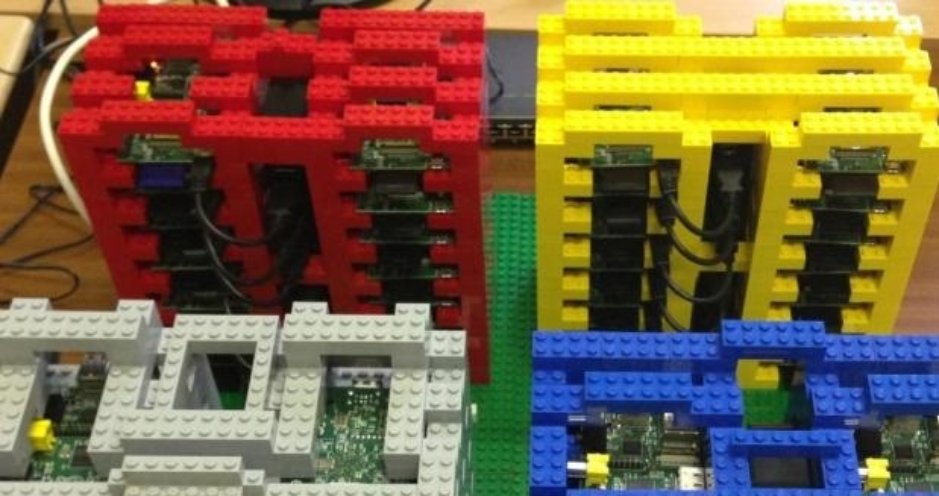
With an always-on internet connection and an external hard drive, you can create your own free cloud storage server.
If you want to unshackle yourself from the limitations of such as Dropbox and Google Drive, then Raspberry Pi is a good low-cost option. A quick Google search will bring up plenty of tutorials on how this can be achieved. Lifehacker has one of the easier-to-follow tutorials on .
Smartphones are getting increasingly similar, so if you’re bored of the choice between Android, iPhone and Windows Phone, why not make a PiPhone? It isn't a project for the faint of heart – but it should be cheap, with putting together his own PiPhone for around $160.
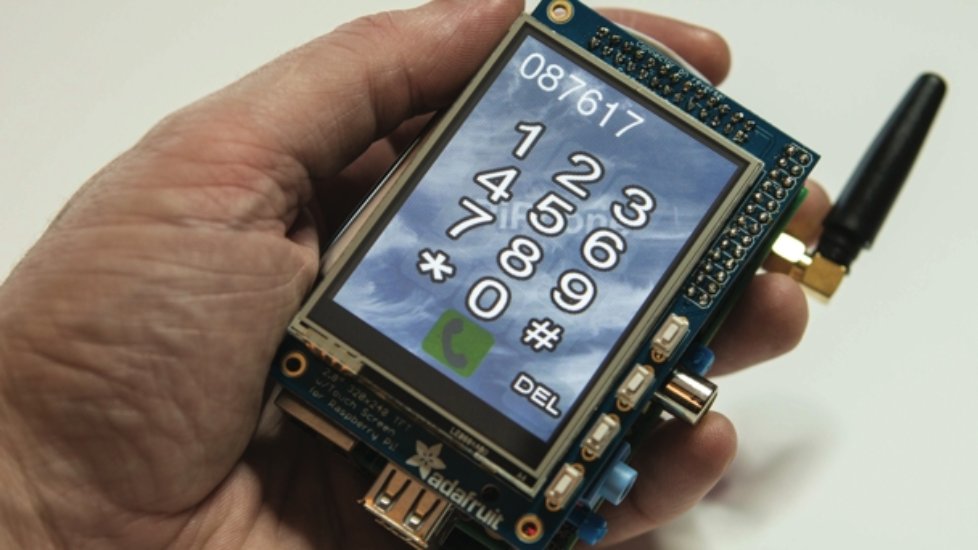
Thanks to its versatility and host of connections, turning the Raspberry Pi into your next phone doesn’t require too much tinkering. All you need to buy is a compatible touchscreen, battery pack and GSM device, and you’ll have all the hardware you need. Creating software for the new phone to run on isn’t easy, but there are already several tutorials around to help.
A great project to learn about electronics and coding, or to make you appreciate your current smartphone more, making a PiPhone is one of the most sophisticated, rewarding uses for your Raspberry Pi.
If you fancy yourself as the next Zane Lowe, or just want to learn about the mechanics of broadcasting, why not use your Raspberry Pi? A relatively simple hack will allow you to make your own pirate radio station, and take over the FM airwaves.
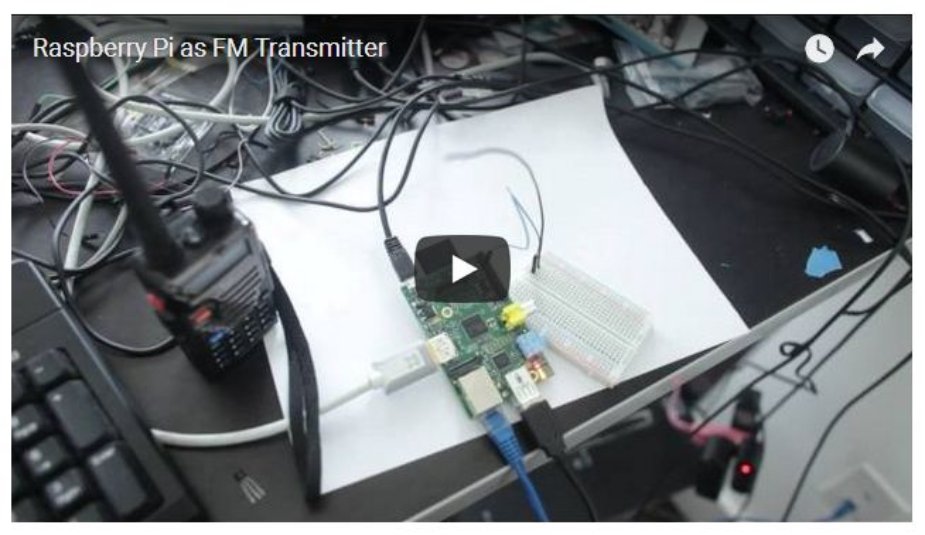
Unlike other hacks, you won’t even need any additional bits of hardware to make your own PiRate radio station: the Pi already has a GPIO 4 connector capable of transmitting FM radio. It has a range of only 10cm, but using a plain wire extends it to something closer to 50m – more than enough for tuning in indoors, or in the car.
Nothing says party like your own personal beer fridge, but it's always hard to tell just how long you need to leave your beverages before they're ice-cold and ready to drink. Fear not, this Beer/Wine Fridge of Awesomeness from has everything you need to ensure your party goes off without a hitch.
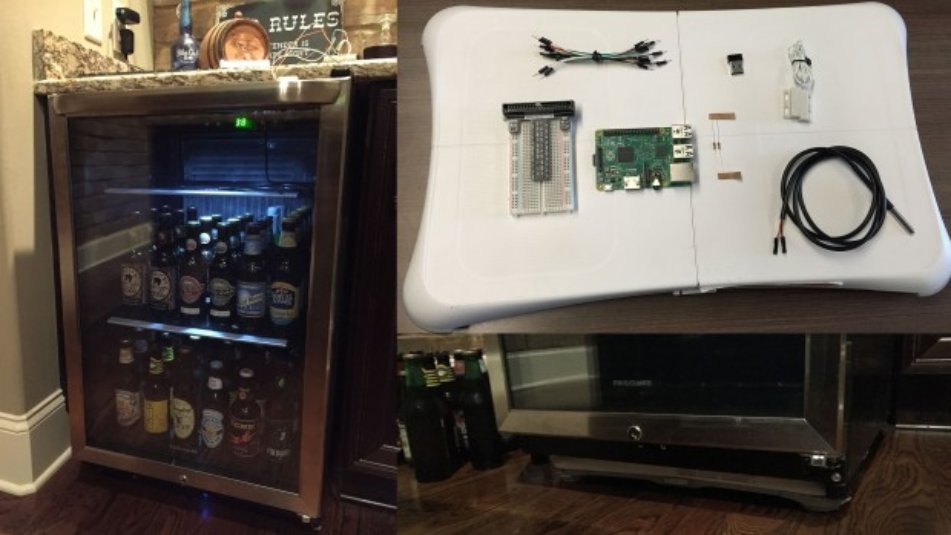
Building your own Fridge of Awesomeness requires an odd set of tools alongside your Raspberry Pi 2, including a Wii balance board to detect the number of bottles in the fridge, a door sensor to detect if the fridge is open or closed, a temperature sensor to let you know when bottles are ready to drink, and a dashboard utility to handle all the information. Oh and, of course, a beer fridge of your own...
Connected IP cameras such as the , and make it easy to monitor your home over the internet, but they're rather pricey. If you want to experience all the benefits of the Internet of Things for a fraction of the price, why not use a Raspberry Pi 2 to make your own IP camera system?
All you'll need is £50, along some free time to configure – the microcomputer's open-source OS – and you'll be remotely checking your home in no time. Sound good? This team will show you how it’s done.
The original Fisher-Price Chatter Telephone is an iconic – if vaguely sinister – children’s toy (what exactly does it have to smile about?). When a new version of the toy was brought out to coincide with the release of Toy Story 3, one tech-savvy individual made it his weekend project to grant new powers to the grinning phone.
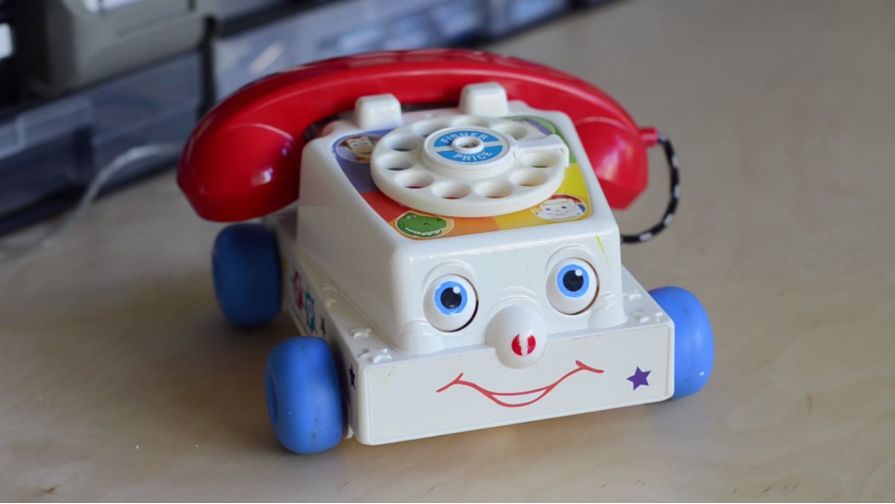
Using a Wi-Fi-enabled Raspberry Pi B+, UK-based web developer Grant Gibson made a “Talking Chatter Smartphone”, able to give current weather information and play radio. A tutorial is available , including details about the electronics used, as well as the full Python script.
If turning a toy from the 1960s into Frankenstein’s monster doesn’t appeal, there are plenty of other toys that would make excellent hosts for a Raspberry Pi. Imagine a Furby that’s able to read you the day’s headlines. (Shudder.)
If you’re reading this now, you’ve probably missed your chance to make millions in the Bitcoin boom, but that shouldn't stop you trying with your Raspberry Pi. For less than £70, you can , complete with a dashboard showing the current exchange rate and much more. The Raspberry Pi is great for learning about technology, and combining it with the revolutionary Bitcoin currency will make sure you’re at the forefront of tech. What’s more, there’s always a chance the project could pay for itself – and then some.
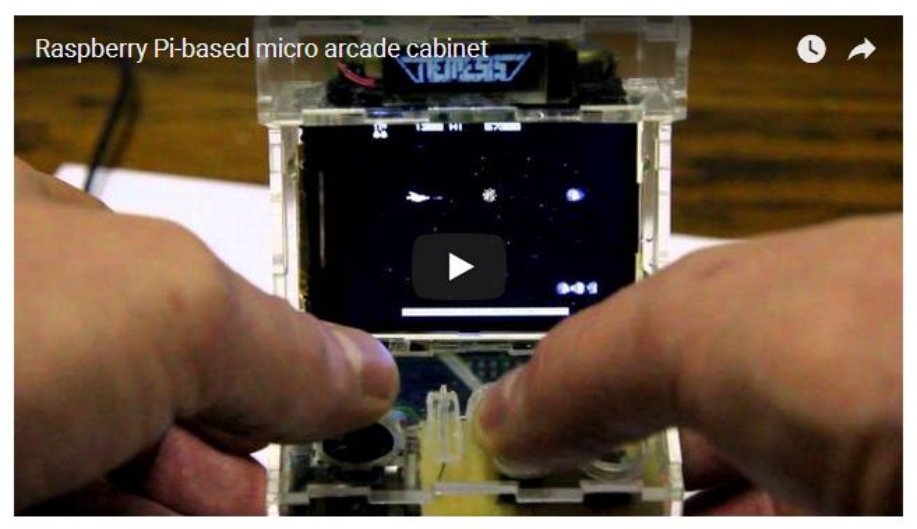
If you've ever wanted to build a rodent-sized arcade cabinet running MAME, you've come to the right place. As explained on , this little baby comes packed with a 2.4in display and a somewhat impractically sized thumbstick... still, might be good for a dolls' house?


